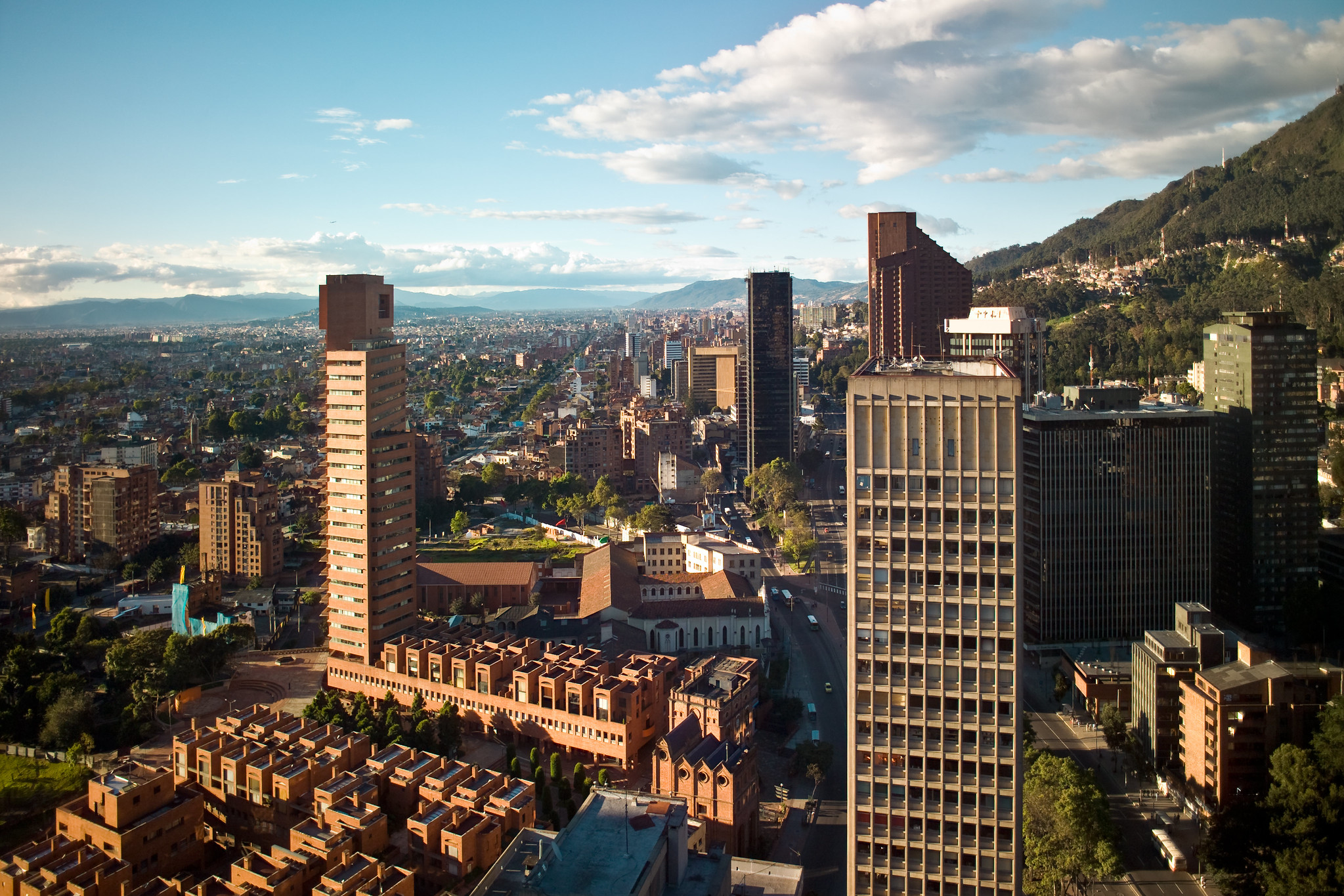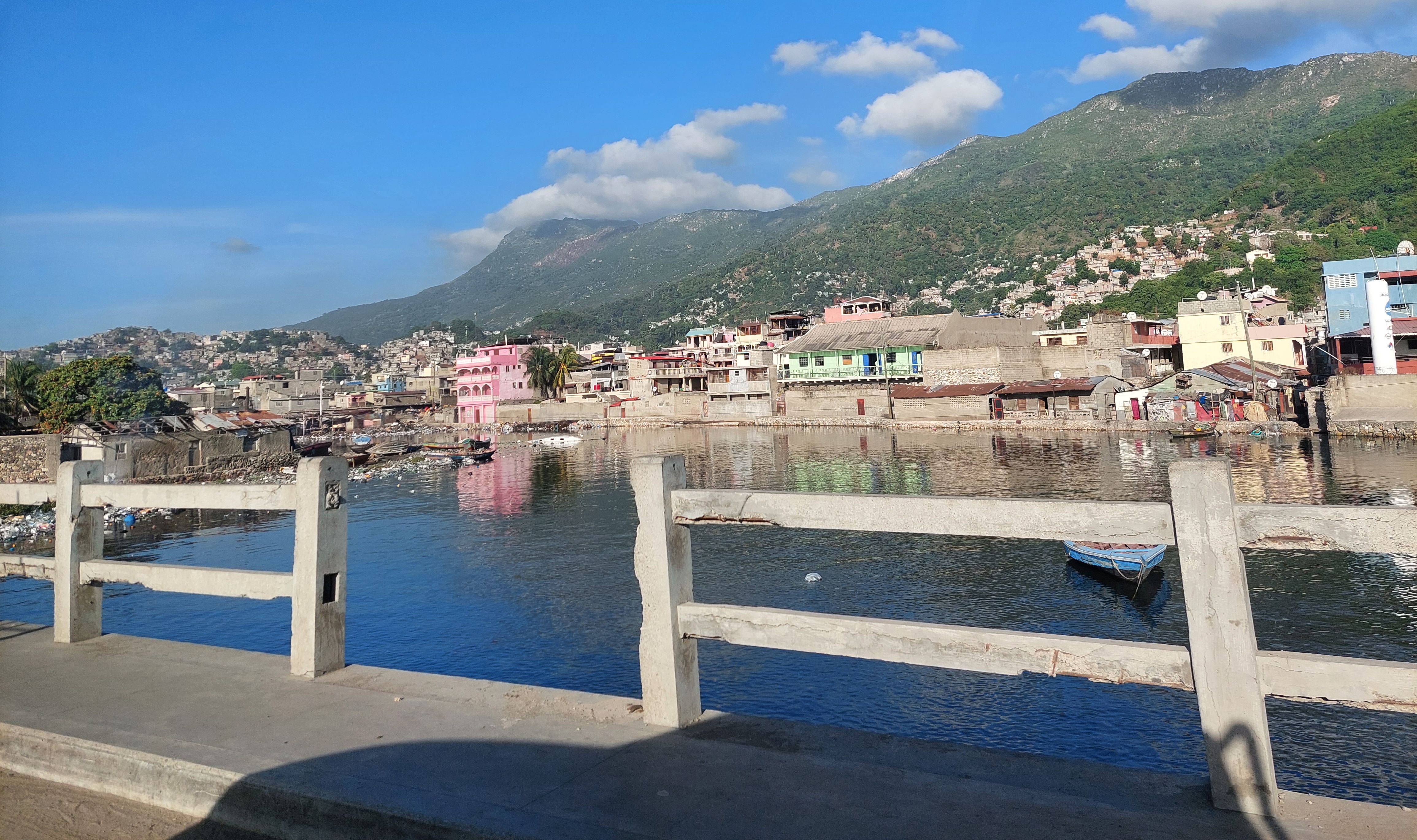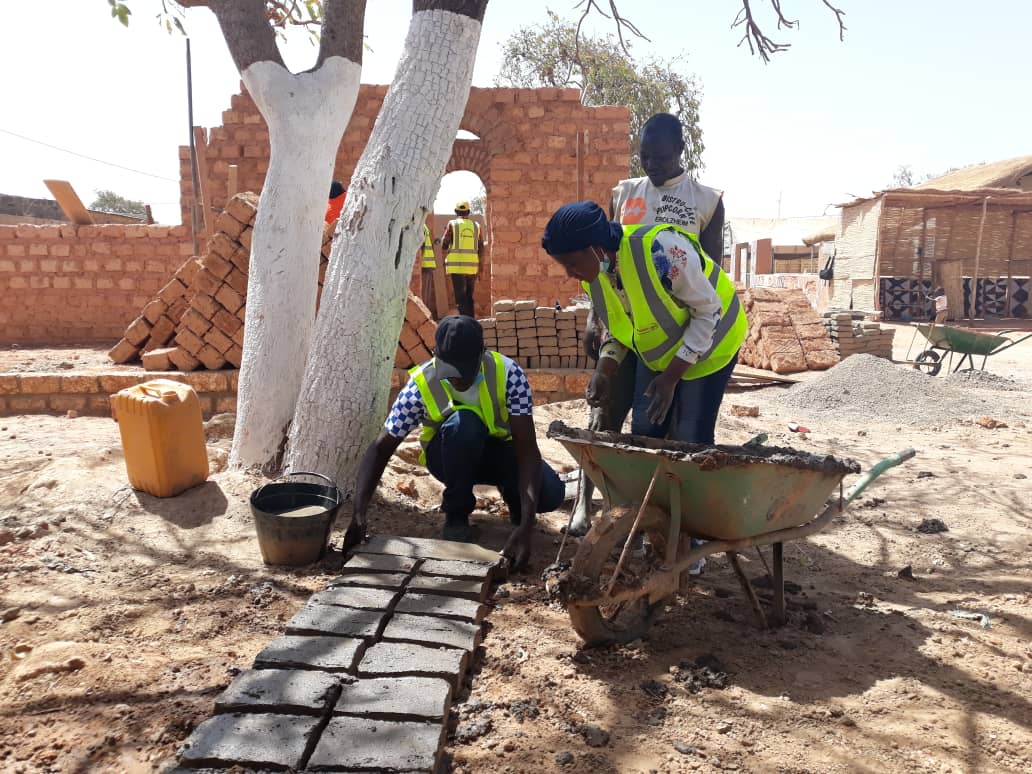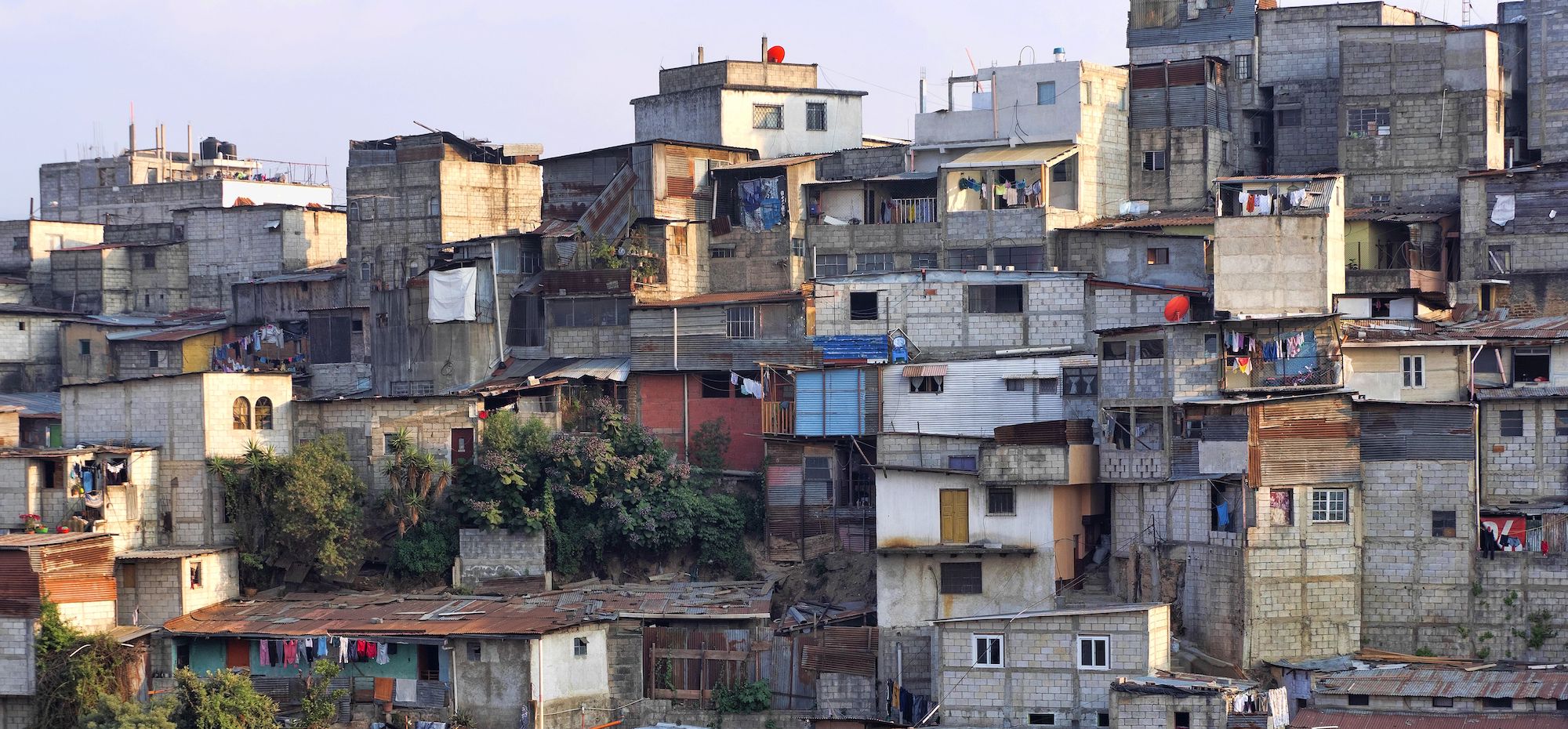By Pablo Mariani, Senior Project Associate - Informality programme at Cities Alliance
In 2020, there were 1,934 metropolises worldwide with over 300,000 residents, nearly 60% of the world's population. It is estimated that over the next 15 years, a new metropolis will be formed every two weeks.
In Latin America and the Caribbean, a pattern of disorderly urban growth in secondary cities has resulted in urban areas with more than one administrative entity – effectively creating new metropolises, with the accompanying challenges of inter-municipal governance.
These challenges include hybrid municipalities (rural and urban), municipalities with unequal capacities and resources, and a lack of coordination on policy -- creating uneven growth that disproportionally impacts the urban poor. The Covid-19 pandemic has highlighted these challenges and the importance of metropolitan leadership, especially in crisis situations.
In 2020, Cities Alliance organized a series of webinars on metropolitan governance and Covid-19, within the framework of Mexican National Metropolitan Network (RENAMET) activities, led by the Secretariat for Agrarian, Land and Urban Development (SEDATU). The Commission for Metropolitan Zones and Mobility of the Senate of Mexico participated in the discussions.
Cities Alliance spoke with Senator Patricia Mercado, chair of the Commission, about the state of Mexico’s metropolises.
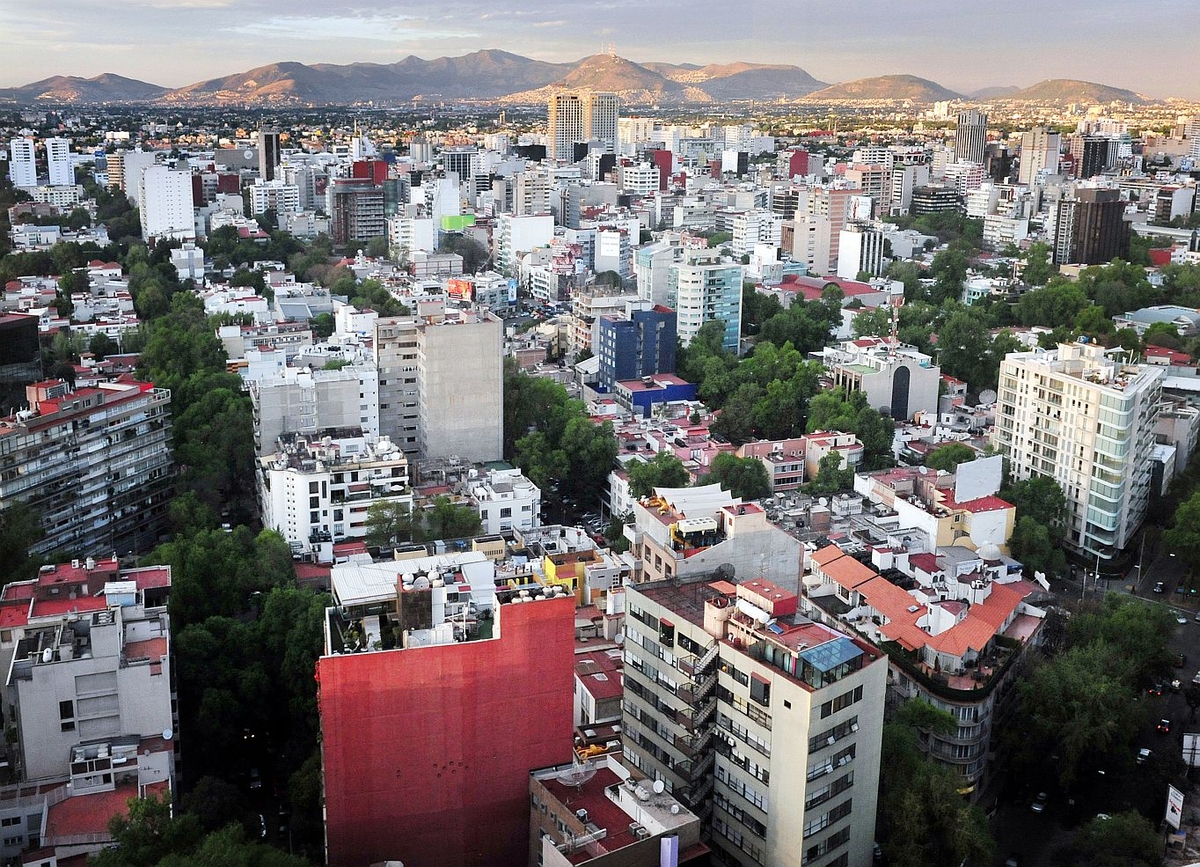
What is the current institutional and political context of metropolitan zones in Mexico?
We have an institutional framework formed by the National Institute of Statistics and Geography (INEGI), the Secretariat for Agrarian, Land and Urban Development (SEDATU), and the National Population Council (CONAPO) that recognizes these zones.
This framework has 74 metropolitan zones, made up of 417 of the country's 2,500 municipalities. 52 zones have already set up their territorial planning commission. This is quite important, as these are the mechanisms of governance and concurrence within the Law of Human Settlements and Urban Development in our country. Also, 15 zones have set up a Consultative Council, key institutions for citizen participation where academia, experts and organized civil society engage. There are still very few of them.
According to the latest census, 80 million people, over 70% of the Mexican population lives in a metropolis.
The Metropolitan Fund was also recently dismantled. This fund encouraged states and municipalities to work within the institutional framework of INEGI, SEDATU and CONAPO to define themselves as (or be integrated into) metropolitan zones to access the resources. The funds have been transferred to SEDATU's urban improvement programme. Hopefully, in this six-year term, we can finally define what metropolitan zones are and their path to development.
What is the first step in recognizing metropolitan zones?
First, we need to make a constitutional change. The only recognition of the metropolitan zone within the constitution is the Valle de México. But passing constitutional reform needs consensus; we need two thirds of Congress, both chambers, to vote in favour. So we will have an important discussion on addressing the metropolitan issue throughout the country.
Thanks to the webinars we have held alongside Cities Alliance and partners, there is almost complete agreement among stakeholders that we need to make this recognition [of metropolitan zones] at the constitutional level.
Also, constitutional reforms have to be ratified, or rectified in this case, by at least 17 of the 32 local congresses. This frames the reform with a discussion on either having a General Law on Metropolitan Zones or reforming the Law on Human Settlements and creating a much more robust chapter on metropolitan zones. Still, the Human Settlements Law is very new and needs time and reforms to be consolidated.
The terminology of these zones – metropolitan zones, megalopolises, or some other term – is still being discussed. The dialogues that the Cities Alliance has led have been very important in addressing this issue. We must learn from international experiences about the best way to recognize metropolitan zones at the constitutional level, and then how to implement this reform.
To achieve real governance, to improve the quality of life and to plan for the metropolis, we need dialogue.
We know that there are no metropolitan zones if the local municipal governments are not fully competent. Political plurality at the municipal level should foster consensus and solutions, not be a straitjacket. We need a framework that requires us and gives us the components to extend metropolitan coordination with local governments.
How are these network dialogues contributing to the debate?
The Commission for Metropolitan Zones and Mobility in the Senate is new and so is the metropolitan issue in the legislative sphere. There is little experience and knowledge among legislators. Thus, the webinars on metropolitan governance have been a key resource.
We are working on a publication to review the elements discussed during these forums so that all stakeholders can keep them in mind when proposing legislation or specific legislative reforms. We need key arguments in favour of constitutional reform; it is going to be an intense discussion, and we need compelling arguments. Municipalities should feel that we want to strengthen their decision making, not impose on them.
One of the things that we have reflected upon as a result of the webinars is that local congresses should decide to be part of a metropolitan zone. It should not be imposed on them, or they will have a hard time incorporating the decision.
The webinars have been instrumental in generating the horizontal discussion needed to achieve this goal, structuring the topics and facilitating the exchange among all stakeholders, particularly because the subject is new and it is the first time there is a commission on metropolitan zones in the Congress of the Union.
The opinions expressed herein are solely those of the authors and do not necessarily reflect the official views of the Cities Alliance Secretariat, its members or UNOPS.
Listen to the conversation in Spanish below.

